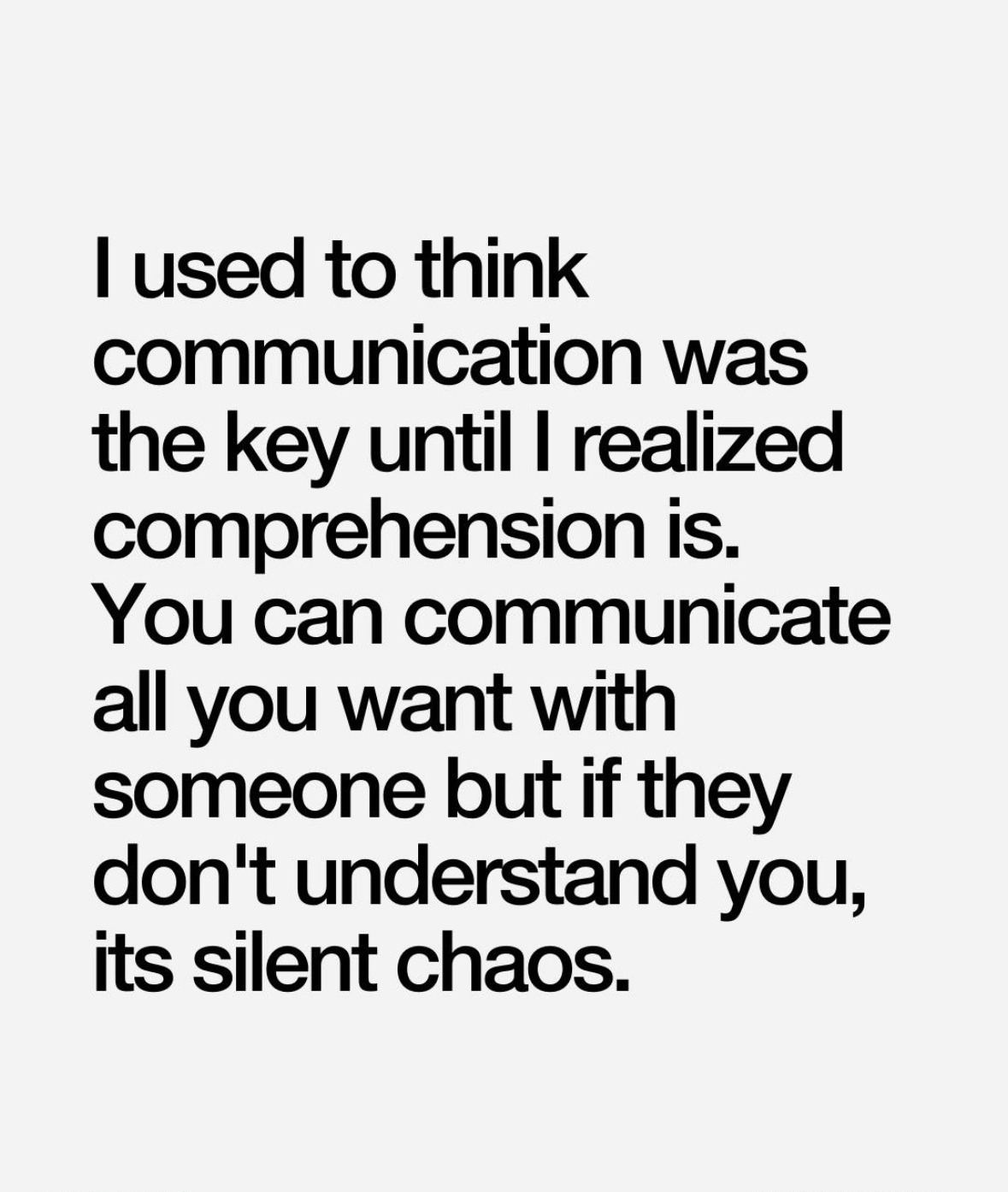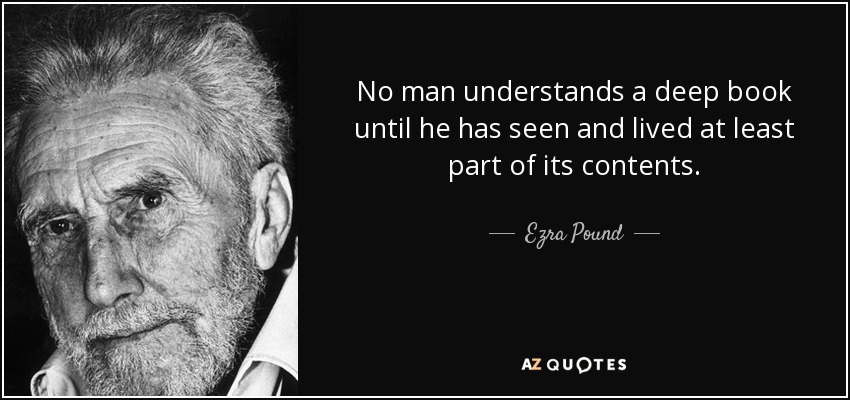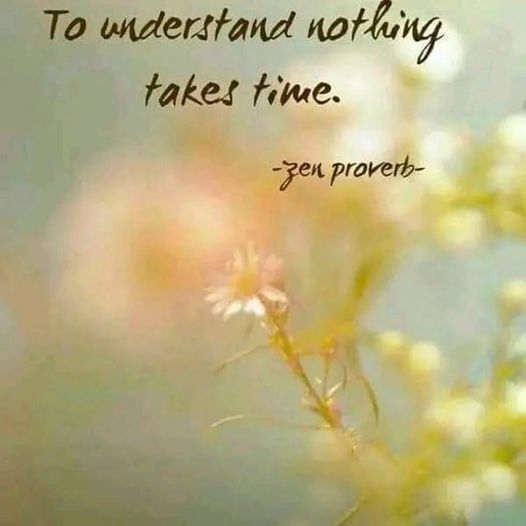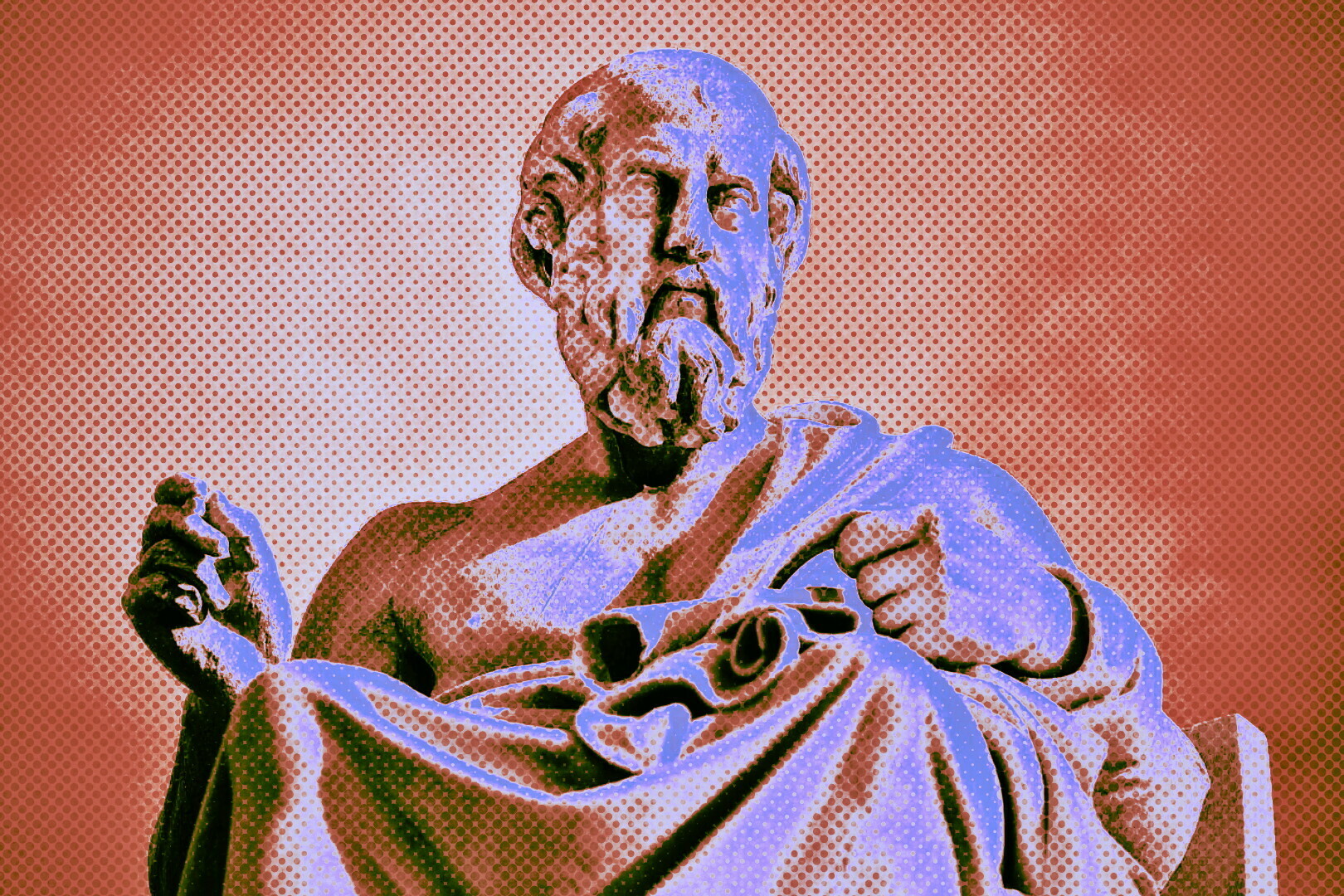Om regler och principer - On rules and principles in Taijiquan
English below.
Regler kan ha undantag. Principer har inga undantag. Om man avviker från principen så gör man helt enkelt något annat.
Det beror på att regler hänger ihop med en viss kontext, de har en konkret tillvaro. Principer är till sin natur abstrakta, fria från kontext.
När man studerar Taijiquan så har man många regler att förhålla sig till. Att följa dem är viktigt för att kunna studera Taijiquan. Om man följer reglerna så har man en chans att förstå principerna. Men vi förstår saker först i sin konkreta kontext (psykologisk jargong på engelska = framing). För att kunna abstrahera ut principerna (deframing) behöver vi byta kontext (reframing). För att förstå vad vi ska göra i den nya kontexten behöver vi följa regler igen. Vi kan behöva göra många reframings innan vi kan komma till deframing. Ändå måste vi försöka att tillämpa principerna så som vi förstår dem i varje kontext. Om det är viktigt att följa reglerna i sin träning är det väsentligt att försöka tillämpa principerna.
Taijiquan är en stridskonst. I strid är det en klar nackdel att vara förutsägbar. Om du bara kan göra enligt regler så blir du förutsägbar. Därför måste du i din kropp förstå principerna, så att du kan improvicera i stunden och göra det oväntade. När vi förstår principerna så väl går de att träna med bara något enstaka moment ur formen (eller opening and closing).
Till vår hjälp att försöka förstå principerna har vi de klassiska taijiskrifterna och daoismens urkund DaoDeJing. Där kan vi läsa att lära sig innebär att lägga till saker medan att närma sig Dao innebär att dra ifrån saker. Att studera Taijiquan innebär denna dubbelriktade process. Att lägga till innebär att följa reglerna (framing) och reframing. Att närma sig Dao är deframing.
Rules can have exceptions. Principles have no exceptions. If you deviate from the principle, you simply do something else.
This is because rules are contextual, they have a concrete existence. Principles are by nature abstract, free from context.
When you study Taijiquan, you have many rules to follow. Following them is important in order to study Taijiquan. If you follow the rules, you have a chance to understand the principles. But we first understand things in their concrete context (psychological jargon in English = framing). In order to abstract the principles (deframing), we need to change the context (reframing). To understand what to do in the new context, we need to follow rules again. We may need to do many reframings before we can get to deframing. Nevertheless, we must try to apply the principles as we understand them in each context. If it is important to follow the rules in one's training, it is essential to try to apply the principles.
Taijiquan is a martial art. In combat, it is a clear disadvantage to be predictable. If you can only act according to rules, you become predictable. Therefore, you must understand the principles in your body, so that you can improvise in the moment and do the unexpected. When we understand the principles so well, they can be practised with just a single moment from the form (or opening and closing).
To help us understand the principles, we have the classical Taiji scriptures and the Daoist document DaoDeJing. There we can read that learning means adding things while approaching Dao means subtracting things. Studying Taijiquan involves this two-way process: adding means following the rules (framing) and reframing. Approaching the Dao is deframing.
Translated with DeepL.com (free version)
#Taijiquan #Taichichuan #taichi #taiji
#martialart
#training #understanding #flexibility #creativity
#rules #principles
#konkret #abstrakt
#concrete #abstract






